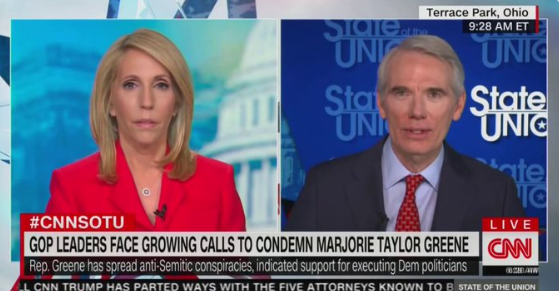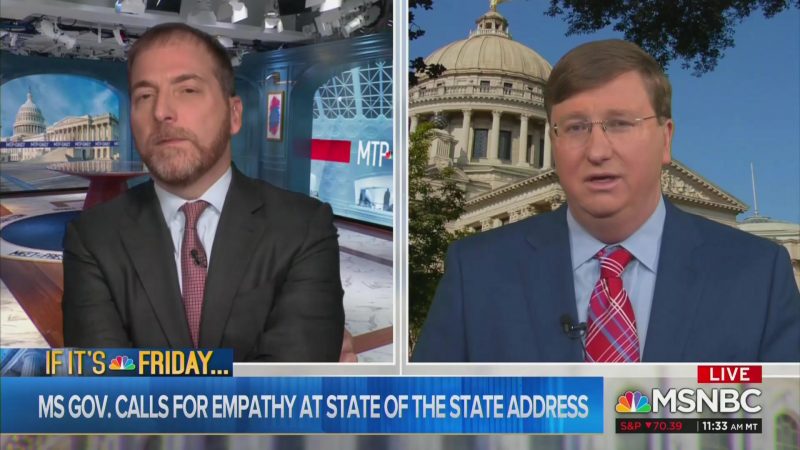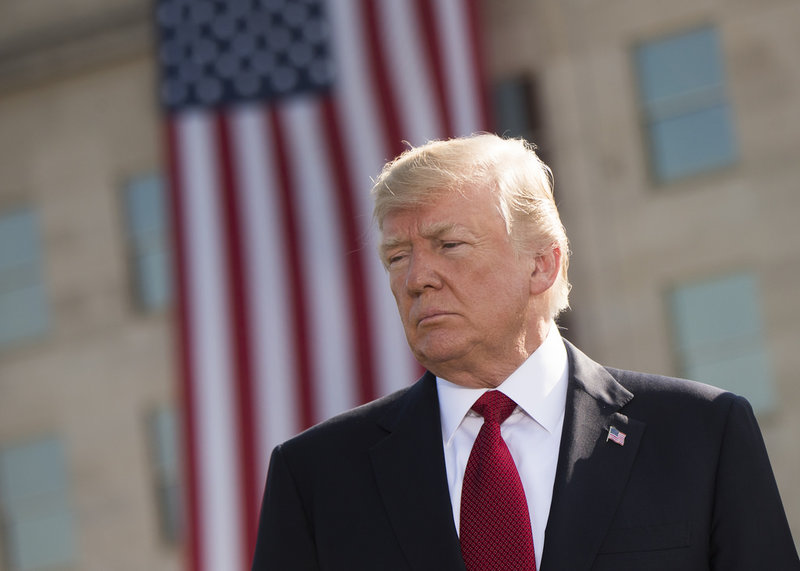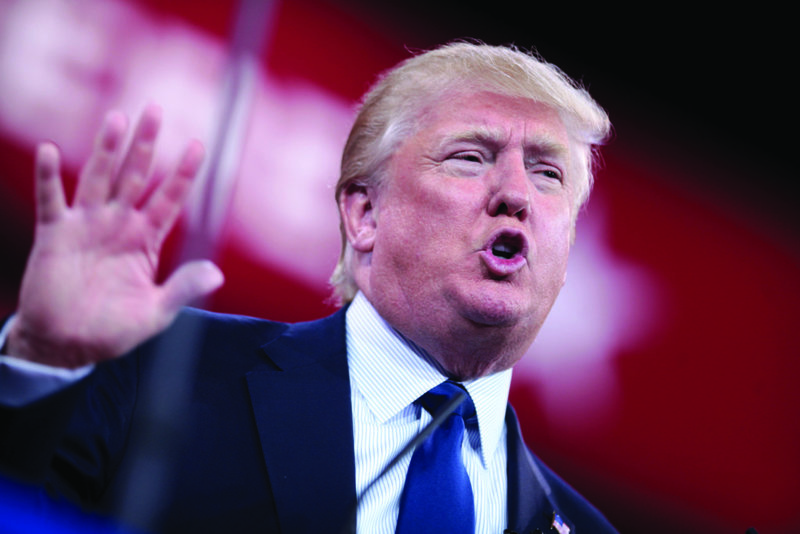Green Party Candidates Acknowledge Their Uphill Fight But ‘Continue To Fight For A Meaningful Alternative’

The Green Party is fighting an uphill battle in this year’s midterm elections. During the 2016 presidential election, Jill Stein won some traction from liberal voters dissatisfied with Hillary Clinton, but Green Party candidates face problems even getting on the ballot. We spoke to three of their candidates. This article is part of a series on the midterm elections.
Diane Moxley is running for Congress in New Jersey’s 7th district. The most recent polls show Republican incumbent Leonard Lance losing in a close race against his Democratic challenger, Tom Malinowski.
“I believe that our government has been failing the people, our politicians are beholden to their big money corporate donors instead their constituents,” Moxley says.
“The gap between the wealthy elite and the working class continues to grow. Neither of the mainstream parties show any interest in resolving the increasing hardships of average Americans. Both parties are guilty of neglecting the people in favor of ‘big money.’ I do not take corporate donations. In Washington, I would be a voice for the people.”
Moxley, like other Green candidates, wants to raise the minimum wage, introduce Medicare for All, cut, the military budget and spend more education. She believes a lot of people, especially young people, are taking another look at her party. But she recognizes the challenges.
“The corrupt two-party system has been failing the people while engaging in a charade of political grandstanding,” Moxley says. “The consequences this leaves the people divided and unable to vote for real change. We can offer the people a viable alternative. By showing the people that there is a political party that will listen to them, not corporate donors, we can begin to work on the real problems affecting Americans and ease the current tensions.”
“In New Jersey, we have ballot access. The hurdles we run into in NJ are not being looked at as viable candidates which then leads to our being excluded from polling, and since the polls are used to determine viability this then leads to our being excluded from debates,” she says, echoing her fellow Green Party candidates.
“Measures should be taken to allow third party candidates access to the forums, such as debates, that will allow them to be heard and let the people decide if they are viable.
The Green Party in New Jersey will also be working on a plan to implement rank choice voting to allow third parties to grow and remove the concept of voting for the ‘lesser of two evils.’”
In California’s 40th district, Rodolfo Cortes Barragan is running against Democratic incumbent Lucille Roybal-Allard. There is no Republican in the race and the Democrat is expected to be easily re-elected.
“The GOP holds little say in California politics, and it has collapsed within our Congressional district,” Barragan says. “We have had Democratic Party rule for a generation. The result has been a decline in the quality of life in the district. We need new parties, and our district will serve as a model for other communities nationally. It’s time to move beyond the two-party system.”
“I am running to change how we use our money. We already have enough nuclear weapons, fighter jets, and tanks. Let’s rebuild our schools. Let’s send kids to college,” he says. “The American people deserve a healthcare plan that’s at least as good as the ones enjoyed by members of Congress. We need to join the rest of the industrialized world in offering guaranteed healthcare for our people.”
The situation is similar in California’s 13th district. Democratic Representative Barbara Lee was running unopposed until the Green Party’s Laura Wells jumped into the race. It’s a battle up a very steep hill. Wells became Lee’s opponent following a successful write-in campaign.
“We are on the November ballot, an achievement that California’s terrible Top Two primary has made almost impossible for any candidates other than Democrats and Republicans since it began in 2012,” Wells says.
“Along with many people, I am opposed to the direction our country has taken. Every four years, whether we have Democrats or Republicans in power, our nation has moved away from the needs of the many, to the greed of the few — the billionaires and their corporations.”
“Unfortunately for ‘people, peace and planet’, the billionaires’ wealth and power increase through destructive policies such as extractive, polluting industries, exploitative jobs, and military actions around the world,” Wells says. “Their wealth and power do not increase through constructive efforts such as providing great healthcare, housing, education, and employment in a just and green environment.”
Wells is more outspoken than her colleague in California’s 40th. She points to the 91% income tax of the Eisenhower years and worries about dependence on oil imports.
“We need to tax the rich,” Wells says. “We need to stop the wars.”
“Politically, the Green Party is one of our greatest hopes, both in California and the US. I believe that to blame the Green Party for its weakness is like blaming poor people for their poverty: while both Greens and poor people make mistakes, the biggest causes are systemic.”
Wells believes young people are key to any Green Party breakthrough. But she’s also in favor of a change to the electoral system, perhaps along the lines of proportional representation.
“Long-term, two-party systems can change rapidly given unpredicted circumstances. Examples include Greece, Spain, Venezuela, and even the US in the mid-1800s,” Wells says. “We’re overdue for another shift; the Democrat and Republican hold on our democracy has lasted far too long, with devastating results. While we cannot predict when it will happen, we can expect it to happen, and we can continue to fight for a meaningful alternative.”






